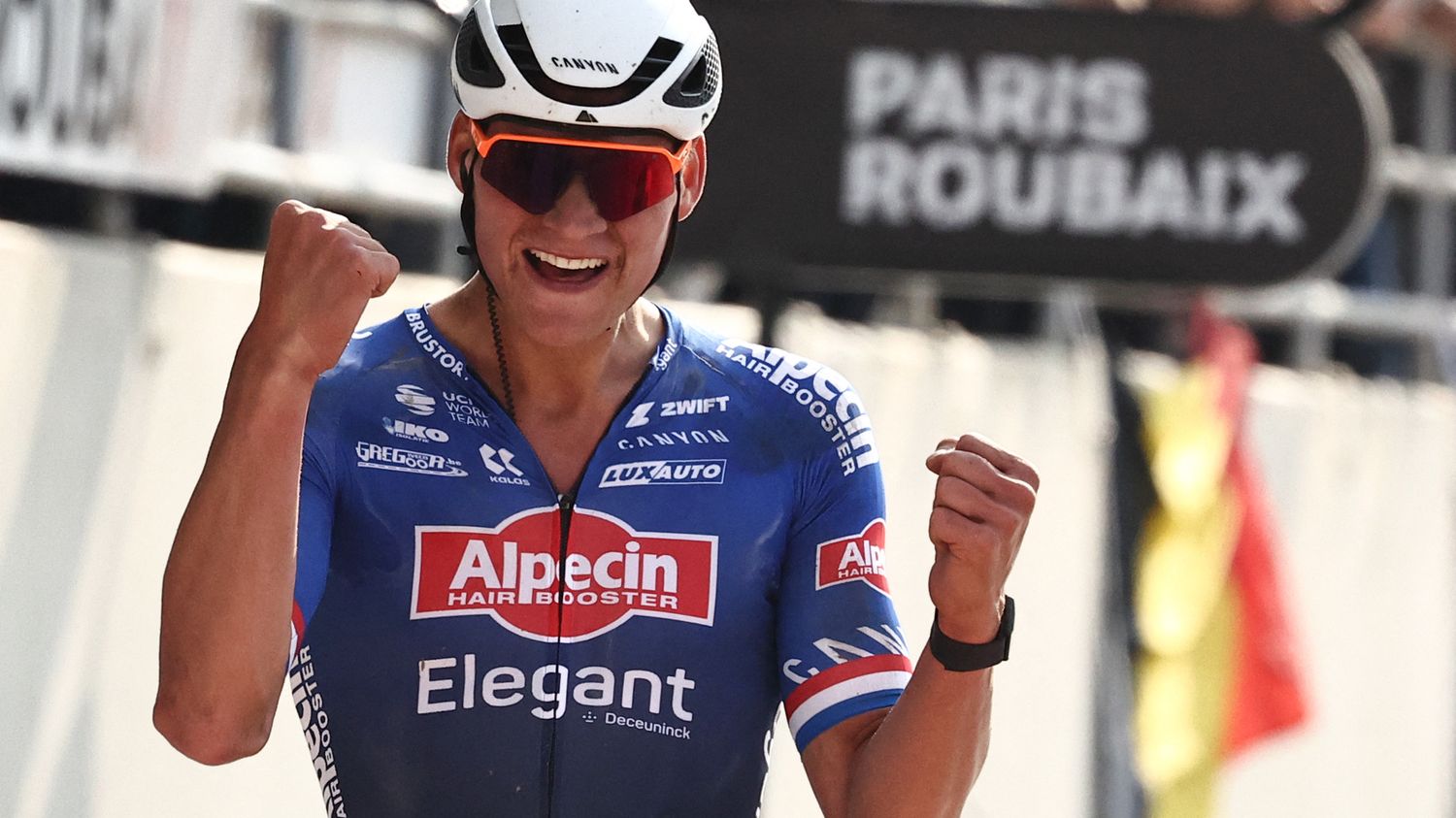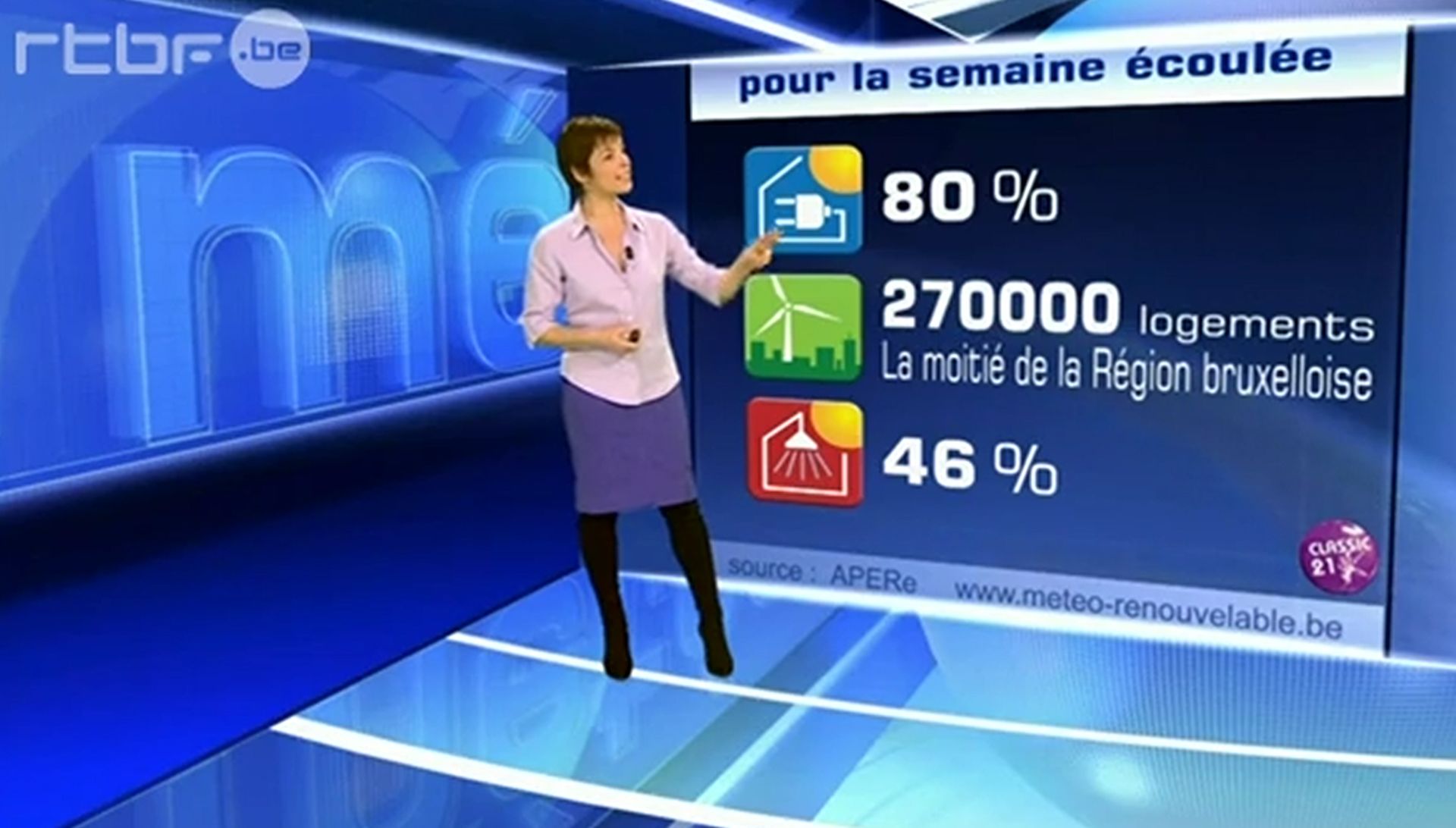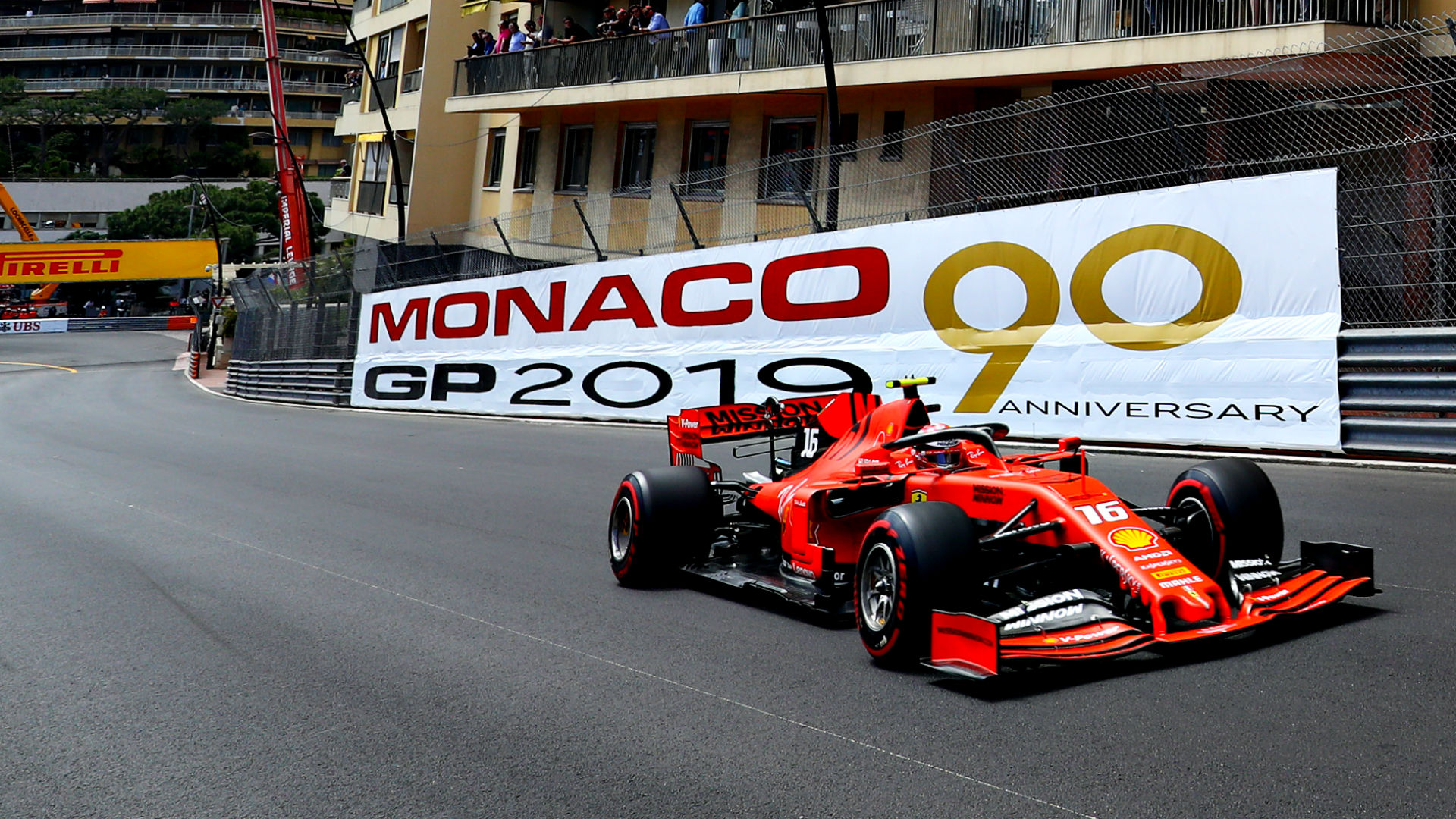Van Der Poel Third At Paris-Roubaix: Pogacar A Minute Behind

Table of Contents
Van der Poel's Performance: A Solid but Unvictorious Ride
Mathieu van der Poel's Paris-Roubaix performance was a mixed bag. While securing a podium spot is undeniably impressive, it fell short of the victory many expected. His race strategy seemed focused on a consistent, powerful ride rather than explosive attacks. Analyzing his performance reveals a complex picture:
- Strong start, early positioning: Van der Poel demonstrated his usual prowess, securing a strong position in the early stages of the race, navigating the initial cobblestone sectors with skill.
- Performance on key cobblestone sectors: While he handled the challenging sections with expertise, he didn't quite match the raw power and aggressive positioning seen in previous years. His ability to navigate the notoriously difficult Carrefour de l'Arbre section was noteworthy, but it wasn't enough to break away from the leading pack.
- Tactical decisions during crucial moments: Some critics suggest Van der Poel might have been too cautious at crucial points in the race, perhaps missing opportunities to make decisive attacks. His tactical decisions will undoubtedly be debated by cycling analysts for weeks to come.
- Assessment of his overall race performance compared to previous years: Compared to his past Paris-Roubaix efforts, this year's ride, while successful in securing a podium finish, lacked the dominating presence he's demonstrated in other races and previous years' participation in the Hell of the North. This raises questions about factors like fatigue, tactical decisions, and even the specific characteristics of this year’s race.
Pogacar's Struggle on the Cobblestones: A Minute Behind the Winner
Tadej Pogacar's performance was the biggest talking point of this year's Paris-Roubaix. The Grand Tour specialist, unaccustomed to the brutal demands of the cobblestones, faced significant challenges throughout the race:
- Explanation of Pogacar's inexperience on cobblestones: This was arguably Pogacar's first true test on such demanding terrain, and the inexperience showed. His usual aggressive style proved less effective on the unpredictable surfaces.
- Analysis of Pogacar's bike handling and strategy on the cobblestones: Observations suggest Pogacar struggled with bike handling on the rough cobblestone sections, losing valuable time and energy compared to more experienced riders. His strategy appeared to be one of survival rather than aggressive competition.
- Comparison of Pogacar's performance to other Grand Tour riders: While other Grand Tour riders have shown success at Paris-Roubaix, Pogacar's deficit was significant, underlining the specific skills and experience needed to thrive in this unique race.
- Discussion on potential future Paris-Roubaix performances: With experience, Pogacar's future Paris-Roubaix performances could be drastically improved. This year serves as a valuable learning experience for the young star.
The Winning Strategy and Key Contenders
The winning strategy this year emphasized a combination of power, resilience, and tactical awareness. While the winner's name should be mentioned here [insert winner's name], the race was a showcase of exceptional cycling skills and strategic brilliance.
- Profile of the race winner and their winning strategy: [Insert analysis of the winner's strategy, emphasizing key tactical decisions and strengths].
- Analysis of the performance of other top contenders in the race: [Discuss the performance of other leading riders, highlighting their successes and failures.]
- Discussion of crucial moments in the race that impacted the final outcome: [Analyze critical points in the race, like breakaways, attacks, and mechanical issues, which affected the final results.]
- Impact of weather conditions on the race: [Analyze how weather conditions influenced race strategies and performance.]
Analyzing the Impact of Mechanical Issues and Crashes
While mechanical issues and crashes are inherent risks in any cycling race, especially a grueling one like Paris-Roubaix, it's crucial to note their impact on the overall outcome. [Insert specific details about any significant incidents and their effect on key riders]. Such occurrences can dramatically shift the dynamics of the race and affect the final placings.
Conclusion
This year's Paris-Roubaix provided a thrilling yet unexpected outcome. Mathieu van der Poel's solid third-place finish contrasted sharply with Tadej Pogacar's significant time deficit, highlighting the unique challenges of this classic cycling race. The winning strategy demonstrated a blend of raw power and tactical brilliance. The race also underscored the importance of experience and adaptability on the unforgiving cobblestone terrain.
Call to Action: Stay tuned for more in-depth analyses of future cycling races, particularly the next Paris-Roubaix and the performances of both Van der Poel and Pogacar. Follow us for updates on all major cycling events and stay informed about the latest news and results. Don't miss out on the next thrilling Paris-Roubaix!

Featured Posts
-
 Combattre Le Piratage Iptv La Strategie De La Rtbf Et De Rtl Belgium
May 26, 2025
Combattre Le Piratage Iptv La Strategie De La Rtbf Et De Rtl Belgium
May 26, 2025 -
 Formula 1 Success And Decline After Age 40
May 26, 2025
Formula 1 Success And Decline After Age 40
May 26, 2025 -
 Monaco Grand Prix Live F1 Timing And Results
May 26, 2025
Monaco Grand Prix Live F1 Timing And Results
May 26, 2025 -
 Rtbf Et Rtl Belgium Contre L Iptv Les Raisons De Leur Offensive
May 26, 2025
Rtbf Et Rtl Belgium Contre L Iptv Les Raisons De Leur Offensive
May 26, 2025 -
 Laurence Melys Sur Rtl Son Impact Sur Le Cyclisme Feminin
May 26, 2025
Laurence Melys Sur Rtl Son Impact Sur Le Cyclisme Feminin
May 26, 2025
